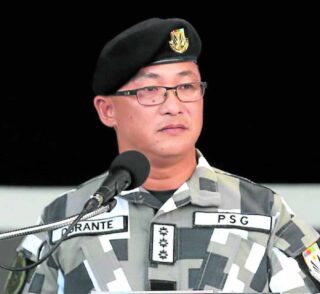The Philippine Travel Agencies Association (PTAA) is confident that the country can beat government estimates of attracting 10 million foreign tourists annually by 2016.
Outgoing PTAA president Aileen Clemente said the government’s goal, which was more than thrice the number of tourists that came to the country in 2010, was a conservative estimate, given the recent good press the Philippines has enjoyed in the international community.
“That’s a conservative estimate. But personally, I’m not that keen on arrivals. What we want are an increase in receipts,” Clemente said, referring to the average amount of money a foreign tourist spends in the Philippines.
“If our average receipts are high, we might not even have to attract that many tourists to boost the economy,” she said.
At the moment, the average tourist from Southeast Asia spends about $200 a day usually on two to three-day visits to the Philippines. Europeans, meanwhile, spend as much as $700 a day and stay an average of two weeks per visit.
The Department of Tourism expects 4.5 million tourists to visit the Philippines this year, despite a standing state-sponsored ban on travel tours to the Philippines by the Chinese government. This would be higher by 18 percent from the 3.9 million tourists last year.
“Other markets have been picking up the slack,” Clemente said.
China was the fourth-largest source of tourists for the Philippines in 2011, although Clemente said it was a “far fourth” compared to the top three of South Korea, the United States and Japan.
She credited the Aquino administration’s good governance efforts, which have helped stabilize the local economy, for the increased interest in the Philippines.
“What foreigners see is stability, and that makes the Philippines attractive,” she said.
Clement said the target would only be met if the government would make good on its pledge to increase infrastructure spending and make travelling to the Philippines more convenient for foreigners.



